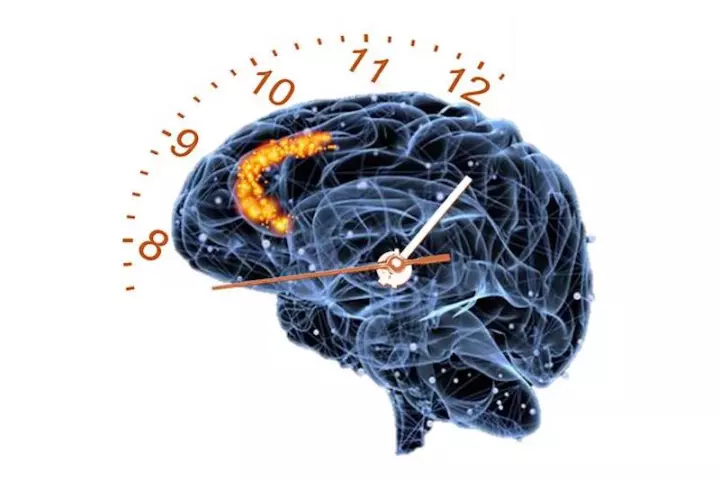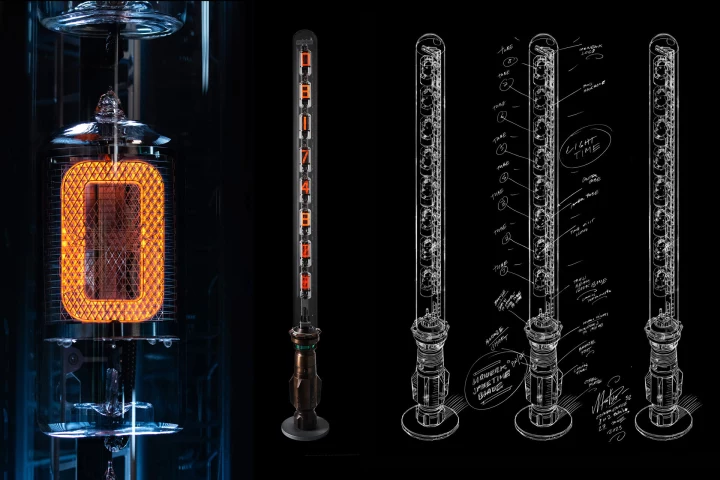Time
-
Here's a neat gadget for a touch of functional, neon-minimalist home decor: a palm-sized smart canister device that fixes onto a wall and uses slim, moving LED beams to create giant, glowing, multicolor clocks and/or temperature gauges.
-
Atomic clocks are our most accurate timekeepers, losing only seconds across billions of years. But nuclear clocks could steal their thunder, speeding up GPS and the internet. Now, scientists have built and tested the first prototype nuclear clock.
-
If you're looking for a weird watch, you'd be hard pressed to find anything more unique than the MS1001-Ti. Currently the subject of a Kickstarter campaign, it uses two auger-like screws to tell time.
-
Time is relative – we’re all familiar with that feeling that time drags when we’re bored and flies when we’re busy. New analysis of brain activity patterns shows how our brains track time, and some intriguing insights into how cells handle it.
-
Scientists have developed the most accurate atomic clock – if you ran it for twice the current age of the universe, it would only be off by one second. This could not only improve services like GPS, but help scientists probe how gravity affects time.
-
It's no surprise that regular exercise can improve a variety of health metrics. But a new study shows that when you work out is as important as exercise itself, especially when it comes to controlling your blood sugar levels.
-
Thanks to Albert Einstein, the US Government wants to establish an official time zone for the Moon. It has less to do with jet lag and more to do with how gravity affects time and can throw a lot of very precise technologies seriously off track.
-
If you wished your lightsaber could tell you the time, Urwerk has now got your back. For around $60,000, the limited edition SpaceTime Blade clock uses good old Nixie tubes to display a quirky collection of time and astronomical measurements.
-
Time crystals are a strange state of matter with properties that sound impossible, but they have been created. Now, German scientists have made one that lasts 10 million times longer than in previous experiments.
-
We've all heard "to follow one's nose" when it comes to trusting your gut. Now, scientists have found that the brain does exactly this, when previously unknown decision-making time cells fire up and evoke a rapid physical response to certain smells.
-
What did your area look like 1,000 years ago? Well, people in the year 3023 might have the luxury of finding out, thanks to an art/science project called the Millennium Camera, which will take an extremely long-exposure photo of the Arizona desert.
-
For the first time, scientists have established that our perception of the passing of time can, independently, influence how a wound heals. It opens the door to better understanding the mind-body's connection and its role in healing and recovery.
Load More











